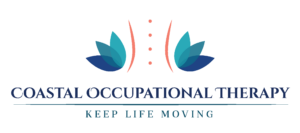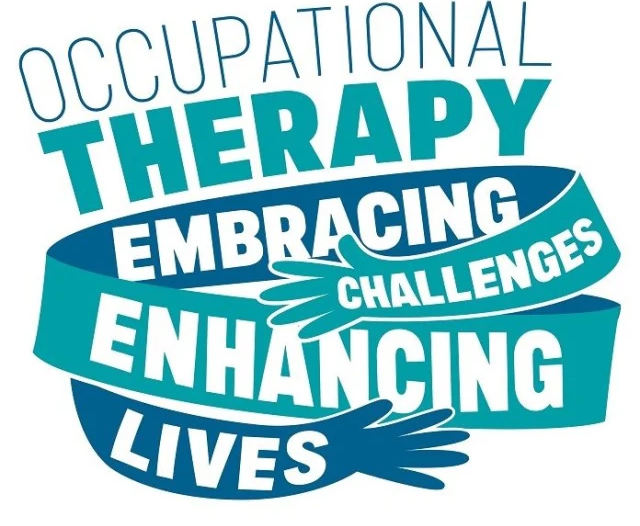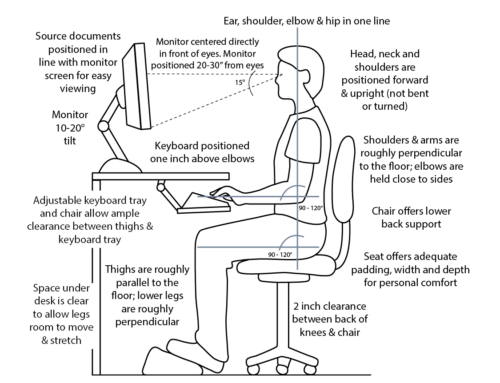Aging is a natural part of life, and as individuals grow older, they may face various physical, cognitive, and emotional challenges. This is where Occupational Therapy plays a pivotal role in improving your overall well-being.
Occupational Therapy is a healthcare profession that focuses on helping individuals of all ages overcome obstacles and limitations in their daily lives. For seniors, the goal is to maintain or regain independence and improve their quality of life as they navigate the unique challenges associated with aging.
- Improving Daily Living Skills
One of the primary goals of Occupational Therapy for seniors is to enhance daily living skills. This includes activities such as dressing, grooming, bathing, cooking, and managing medications. Occupational therapists work closely with older adults to identify any difficulties they may be experiencing in these areas.
For example, if you are struggling with dressing due to joint pain or limited mobility, an Occupational Therapist may recommend specific exercises to increase joint flexibility and prescribe adaptive clothing or assistive devices to make dressing easier.
- Promoting Independence
Maintaining independence is a key aspect of healthy aging. Occupational Therapists collaborate with you to set personalized goals that align with your desires for independence. These goals may include improving mobility, balance, and strength, which are essential for performing daily tasks without assistance.
For instance, an Occupational Therapist might create a customized exercise routine that focuses on strength and balance training. Regular exercises like leg lifts, chair squats, and standing on one foot can significantly enhance a your ability to move independently and reduce the risk of falls.
- Enhancing Quality of Life
Aging can bring about cognitive and emotional changes that impact overall well-being. Occupational Therapists address these changes by providing strategies and activities that promote mental and emotional health. Cognitive exercises, memory games, and stress reduction techniques are just a few examples.
For cognitive improvement, you might engage in activities like crossword puzzles, Sudoku, or brain-training apps. These activities stimulate cognitive function and help maintain mental sharpness. Additionally, relaxation techniques such as deep breathing exercises or mindfulness meditation can alleviate stress and anxiety, enhancing overall emotional well-being.
Specific Examples of Activities and Exercises
Here are some specific examples of activities and exercises that Occupational Therapists commonly recommend:
- Range of Motion Exercises: You may perform gentle exercises like shoulder rolls, ankle circles, and wrist stretches to maintain or improve joint flexibility.
- Strength Training: Resistance exercises using bands or light weights can help seniors build muscle mass and strength, improving their ability to perform daily tasks.
- Balance and Mobility Training: Exercises like standing on one foot, heel-to-toe walking, and leg lifts can enhance balance and reduce the risk of falls.
- Cognitive Stimulation: Crossword puzzles, Sudoku, memory games, and brain-training apps keep the mind active and promote cognitive health.
- Emotional Well-being Activities: Activities like art therapy, group discussions, and relaxation techniques help you manage stress and maintain emotional well-being.
Occupational Therapy plays a crucial role in enhancing your quality of life, promoting independence, and addressing the physical, cognitive, and emotional challenges that come with aging. The evidence-based approach of occupational therapy, along with personalized activities and exercises, empowers you to live healthier, happier lives as you age gracefully. If you or a loved one is a senior facing these challenges, consider seeking the assistance of an Occupational Therapist to unlock the full potential of later life.



